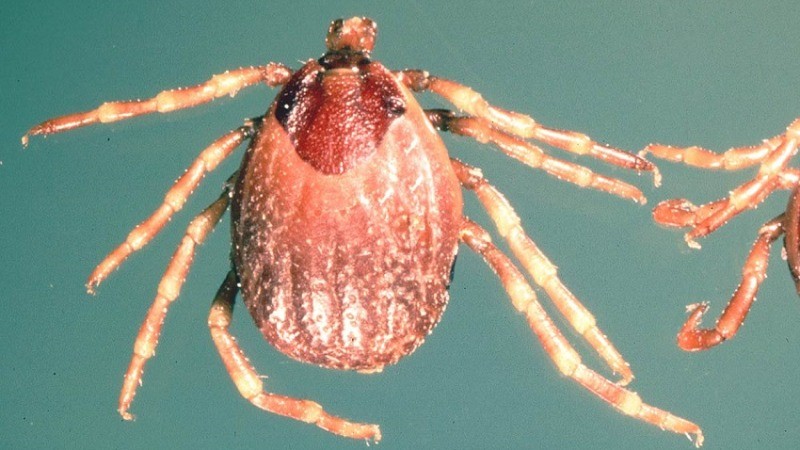
A 51-year-old woman from Rajasthan passed away on Wednesday due to Congo fever, a tick-borne viral disease. She was receiving medical treatment at a hospital in Ahmedabad. Her blood test, conducted at NHL Municipal Medical College, confirmed the presence of the virus. Congo fever is primarily spread through ticks and contact with infected livestock.
In response to her death, Rajasthan's medical and health department issued guidelines to both private and government medical institutions on how to prevent the disease's spread. The National Institute of Virology in Pune tested the woman's blood, confirming the presence of the virus.
Public Health Director Dr. Ravi Prakash Mathur informed the media that Jodhpur's Chief Medical and Health Officer was directed to send a rapid response team to the affected area. This team is tasked with identifying and isolating individuals who may have been exposed to the virus or are showing symptoms.
Congo fever, a zoonotic viral infection, is spread through tick bites. In light of the recent case, the Animal Husbandry Department has been advised to take precautionary measures and implement control strategies to prevent further infections. Public awareness campaigns are also being initiated to help contain the spread of the disease.
According to the World Health Organization (WHO), Crimean-Congo Haemorrhagic Fever (CCHF) is usually transmitted by ticks and can also spread through contact with the blood or tissues of infected animals, particularly during or after the slaughter of livestock.
Symptoms of Congo Fever: WHO reports that Congo fever symptoms appear suddenly and may include fever, muscle pain, dizziness, neck stiffness, back pain, headaches, and sensitivity to light. Other symptoms such as nausea, vomiting, diarrhea, abdominal pain, and sore throat can also develop. These may later be followed by confusion, mood changes, sleepiness, and depression.
In severe cases, early symptoms are replaced by fatigue and abdominal discomfort within two to four days. Health authorities recommend that any individual showing symptoms of Congo fever should have a blood sample taken and sent for immediate testing.